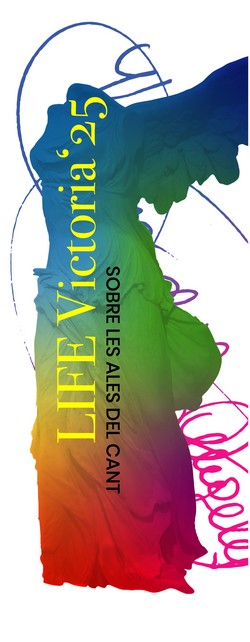- Details
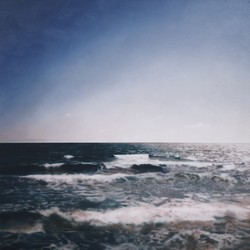
A few months ago, I talked about the well-known importance of networking, personalized in composer Josephine Lang; an easy excuse to hear one of her beautiful songs. Back then, I promise you the second part of this 19th-century networking story, that will serve us again to listen to the composer.
- Details
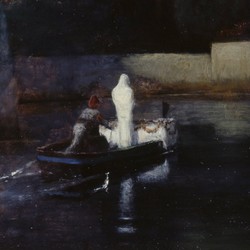
1888 was a key year for Hugo Wolf. We Lied lovers know it was when the longest, more creative time of Wolf began, two years during which he wrote more than 160 Lieder. But it was also the year that saw (at last!) his first published works.
- Details
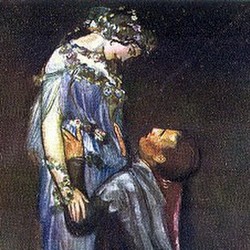
Which thirty-seven-old composer would be invited nowadays by the Berlin Philharmonic to conduct a programme with his own works? After the success achieved in Germany a couple of years earlier with his Third Symphony, Charles Villiers Stanford offered on 14 January 1889 a concert in Berlin where his Fourth Symphony and his Suite for violin and orchestra were premiered; the violinist was no more, no less, than the great Joseph Joachim.
- Details

Matthew the Evangelist briefly tells us about the wise men who came to Bethlehem to worship Mary's baby and offer him gifts, and tradition has completed the missing information: the wise men are three, they are kings, richly dressed, they travel riding camels and are accompanied by pages. Poets have also spoken of them; sometimes in good-humoured tone, such as Goethe (a delightful poem that Wolf turned into a delightful Lied), sometimes with simple devotion, as found in Heinrich [...]
- Details
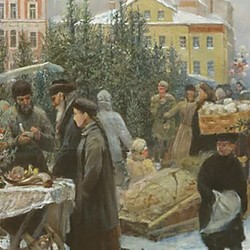
The barrel organ was a musical instrument very usual in the streets in the late 19th and early 20th centuries. His popularity had three main reasons: it could be moved easily because it had wheels, its music could be heard at a distance and, most important, there was no need to read music to play it. The main part of the barrel organ was a metallic cylinder where the melodies were carved, and the performer only had to turn a crank; the mechanics of the device made the rest (it [...]



